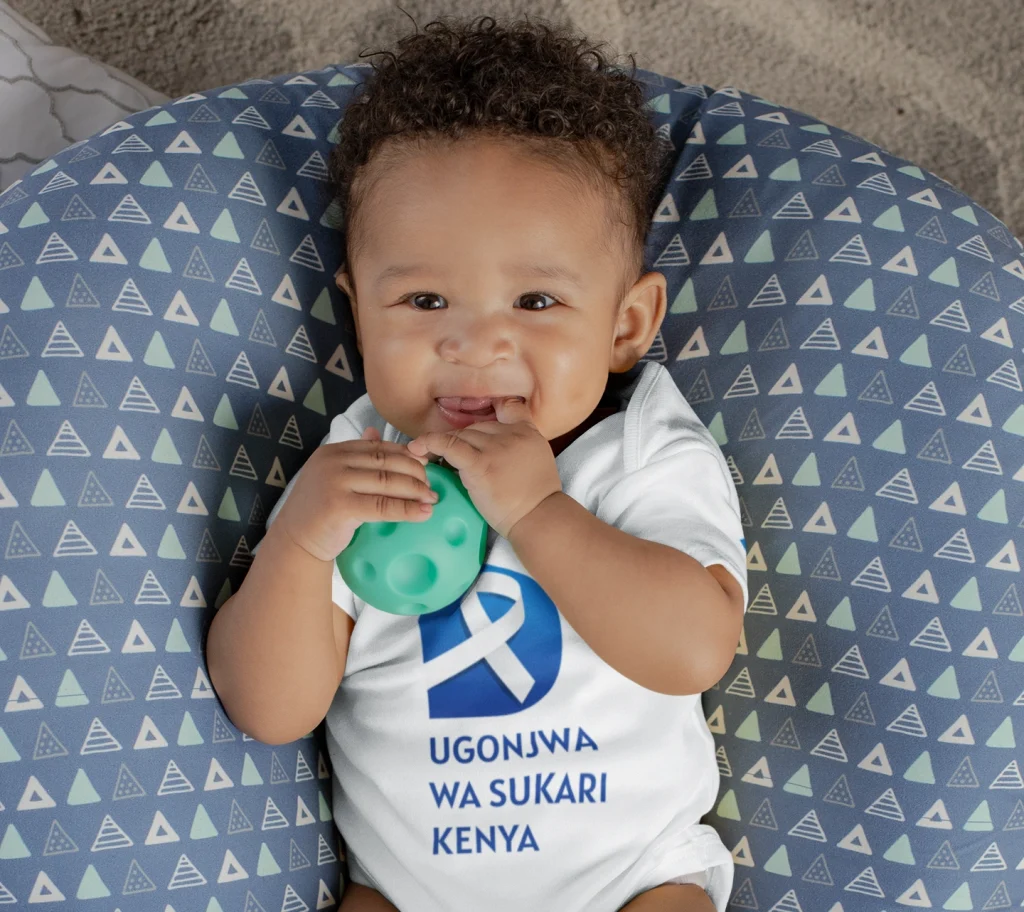neonatal diabetes

Neonatal diabetes is a rare form of diabetes that is diagnosed in infants under the age of six months. Unlike type 1 diabetes, neonatal diabetes is not an autoimmune condition. Instead, it is caused by a genetic mutation that affects insulin production, leading to very high blood sugar levels. In Kenya, awareness about this rare condition is important for early diagnosis and treatment.
Key Features of Neonatal Diabetes
Early Diagnosis: The primary feature of neonatal diabetes is being diagnosed before six months of age. Infants with this condition often show signs such as failure to gain weight, frequent urination, and excessive thirst.
Developmental Delays: Around 20% of individuals with neonatal diabetes also experience developmental delays, such as muscle weakness, learning difficulties, or even epilepsy.
Types of Neonatal Diabetes:
- Transient Neonatal Diabetes: This type of neonatal diabetes doesn’t last forever and usually resolves by the age of 12 months. However, it may recur during teenage years.
- Permanent Neonatal Diabetes:This type lasts for life and requires ongoing treatment.
Treatment for Neonatal Diabetes
Around 50% of children with neonatal diabetes do not need insulin and can be treated with a tablet called Glibenclamide. This treatment is used for those who have specific genetic mutations (in the KCNJ11 or ABCC8 genes). In some cases, Glibenclamide can also help with developmental delay symptoms. The remaining children may need insulin to manage their blood sugar levels.
Genetic Testing for Neonatal Diabetes
In Kenya, early diagnosis is key to ensuring that children receive the right treatment. Genetic testing is recommended for all infants diagnosed with diabetes before nine months of age. This testing is essential for confirming the diagnosis of neonatal diabetes and determining the appropriate treatment plan. Families can consult with their healthcare provider to arrange for genetic testing.
Support and Care
Raising awareness about neonatal diabetes in Kenya is important to ensure that families affected by this rare condition receive the necessary support. Healthcare providers, including doctors and genetic counselors, are available to help guide families through diagnosis and treatment options.
